Year In Review
Category : PROspective
2019 was the inaugural year for PROspective – one that has been full of wisdom and insights from both faculty and alumni. This week we take a walk down memory lane to review our top 5 most-read articles from 2019 (in no particular order):
#EpiTwitter: Professional engagement in the 21st century
In our very first article (ever!), Dr. Cecile Janssens introduced us to #EpiTwitter and the wealth of value that comes from having access to an online community of students, teachers, and professionals at your fingertips.
The quote:
“Over time, I connected with many people who have similar interests but who I would never have met in person because we attend different conferences. Physicians, statisticians, policy experts, patient advocates, and journalists. Slowly but steadily, I expanded my network across disciplines. Twitter is now my favorite ‘annual’ conference, every day.”
Public Speaking
Science is hard for a lot of reasons, but at the top of that list is that science involves a lot of scrutiny – of data, of methods, and… of presentation. In one of our favorite articles of 2019, Dr. Jodie Guest told us about her experience grappling with the challenges of public speaking.
The quote:
“”Tell me the facts and I’ll learn. Tell me the truth and I’ll believe. But tell me a story and it will live in my heart forever.” The best speakers are really storytellers even if they are talking about science or a mathematical model. This is what connects to people and will help them remember what you have presented.”
Get to ‘Yes’
In sports, it has been said (maybe a few too many times) that “you miss 100% of the shots you don’t take”. In the professional world, things aren’t so different. In Get to ‘Yes’, Dr. Timothy Lash gave us a strategy for nailing that shot – making use of our innate human tendencies, like the desire for reciprocity.
The quote:
“Ask in person, and offer something in return. These two principles rest on fundamentals of human interactions. People are more likely to agree to help when asked in person, not by text, email, or telephone. In addition, offering something in return shows respect for the other person’s time and effort.”
Setbacks (not Failures)
Did I mention that science is hard? Let me reiterate: it’s hard – and that means that consistent success is never guaranteed. In Setbacks (not Failures), Dr. Lauren Christiansen-Lindquist helps us reframe the personal and professional challenges inherent in our work, taking a larger view of our journey as scientists.
The quote:
“The word “failure” sounds so final and evokes imagery of a dead end, where there’s little hope to move forward. It helps me to think of these setbacks as speed bumps, rather than closed roads. Sure, they’ve slowed me down, but they have not, and will not, halt my progress.”
Professional Feedback
While the days of primary school report cards are long gone, evaluation and feedback are still a crucial part of our personal and professional development. Nowadays, that probably comes in the form of monthly check-ins or formal bi-annual reviews. Last, but certainly not least, we heard from Elizabeth Hannapel, MPH (Alum, 2012) about the value of professional feedback and how to incorporate both the good and the bad with tact and grace.
The quote:
“On-the-job training, and the corresponding evaluation processes, should reflect not only job-specific tasks but also the interpersonal skills that enable staff to navigate complex professional environments. “
From all of us at the Confounder – thanks for reading, and we hope to share a lot more insight and PROspective in the new year!
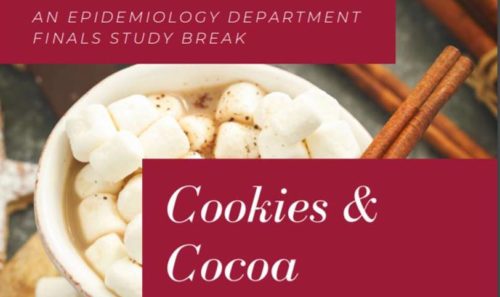
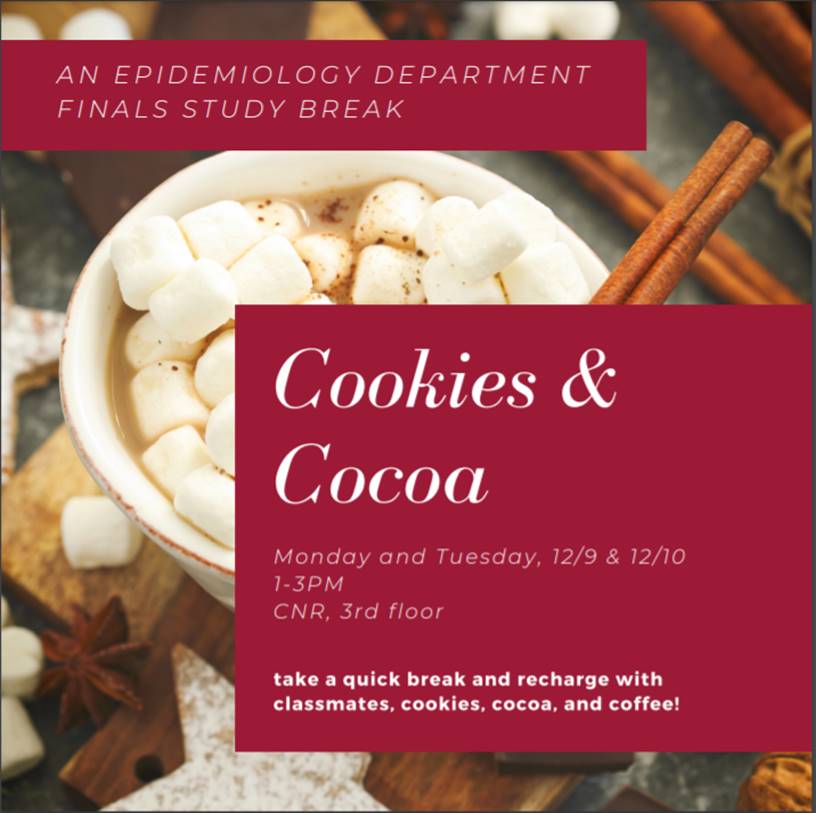

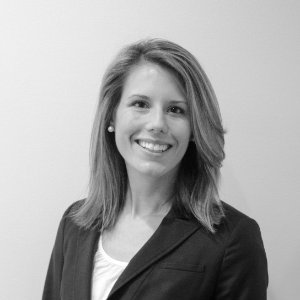
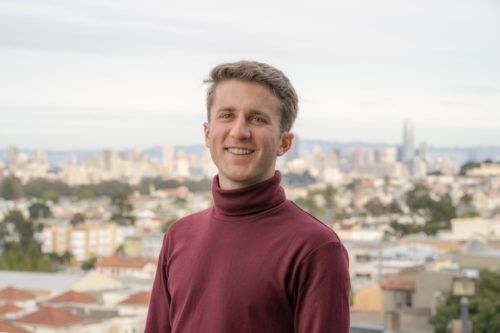

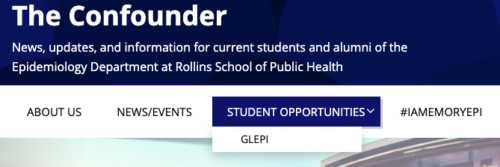
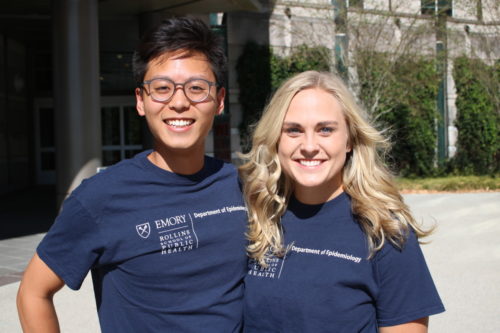
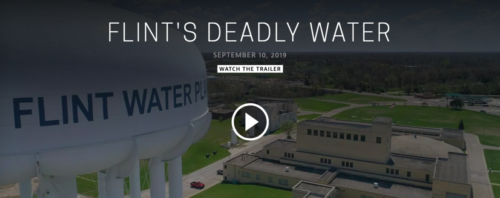
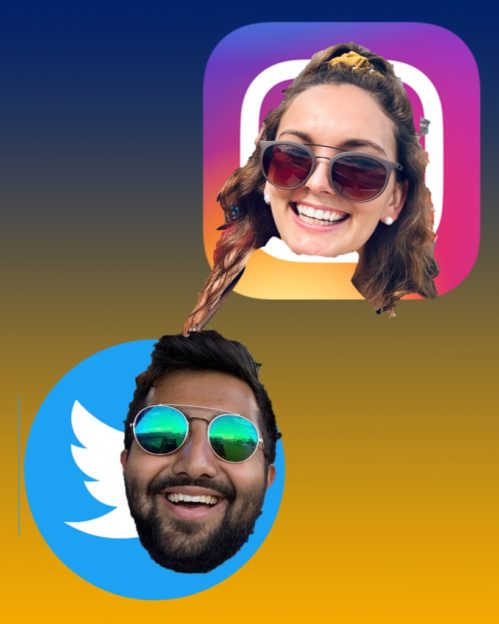
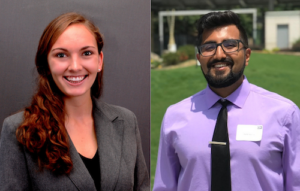
Recent Comments